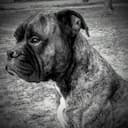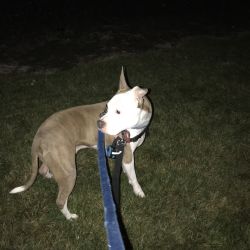Origins and Temperament
The Jindo breed hails from South Korea, renowned for their loyalty and innate intelligence. Originally bred for hunting and guarding, these dogs possess a strong sense of independence and can be reserved with strangers. This innate watchfulness and territorial instinct mean that Jindos require careful consideration during travel to ensure they feel secure and managed in unfamiliar environments.
Size and Physical Needs
Jindos typically weigh between 30 to 50 pounds, with a sturdy and athletic build. Their exercise needs are substantial, as they are an energetic breed that thrives on physical activity. When transporting a Jindo, it's crucial to provide ample space for their size and frequent stops for exercise to meet their physical needs.
Common Health Considerations
Jindos are a relatively healthy breed with a life expectancy of 12 to 15 years. However, they can be prone to hip dysplasia and certain genetic conditions. Ensuring a stress-free travel environment is vital in preventing the exacerbation of any underlying health issues. Always travel with updated health documentation and familiarize yourself with any required vaccinations or health certificates specific to your travel route.
















